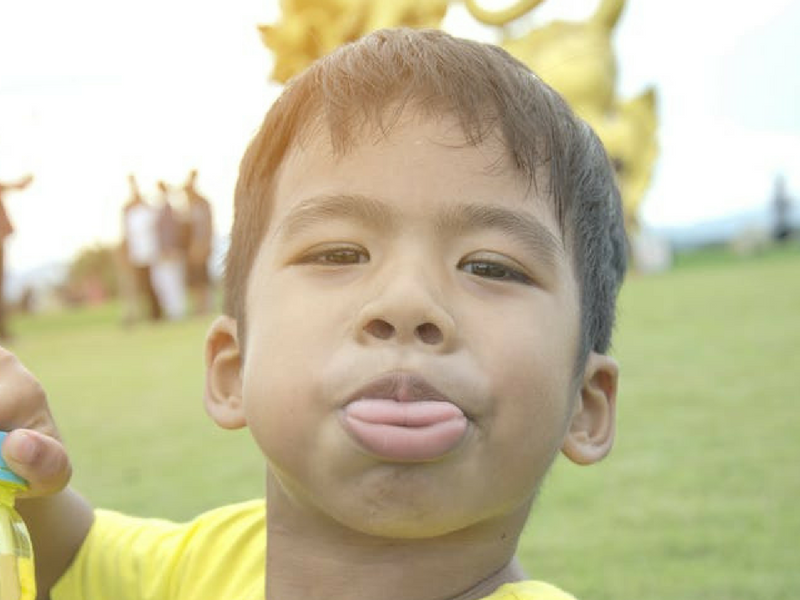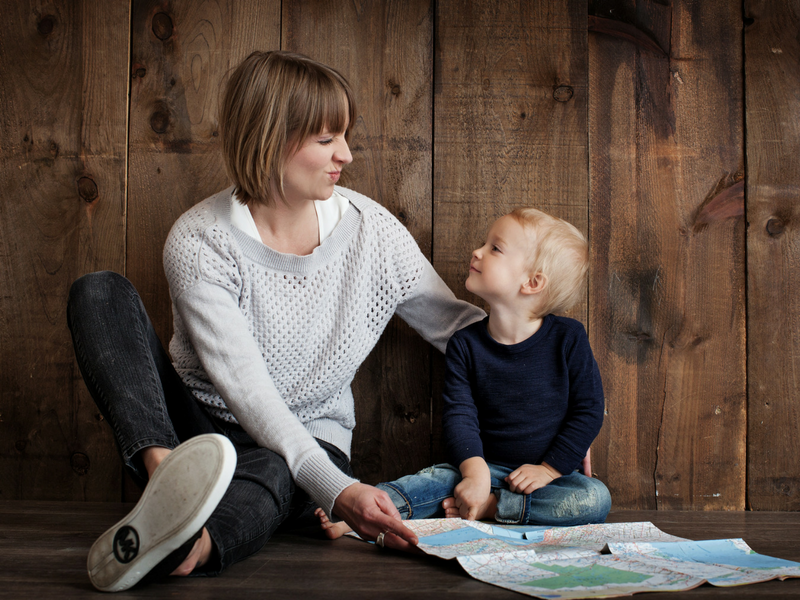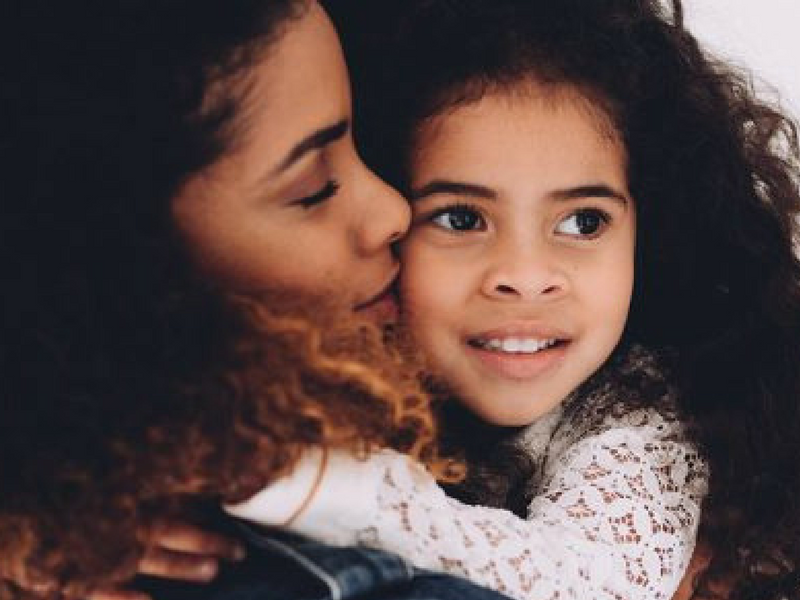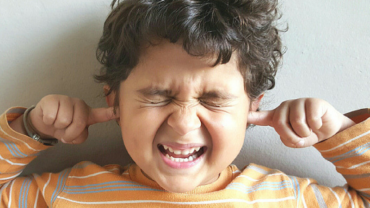The sense of humor is said to be one of the most important qualities in human being for the many benefits that it brings to one. With a good sense of humor, one can live healthier both physically and emotionally due to his or her optimistic attitude. It is also extremely helpful when it comes to networking and reinforcing relationships with the people around us.
You might think that the sense of humor is only important to the adults, but surprisingly, it is equally as important to your kids! Instilling kids’ humor early on in life will help them to take up challenges in life much easier as they grow up.
Kids’ humor can be observed in children as young as babies. If you are keen to explore on how to develop a sense of humor in your kids, check out the following article to find out how your kids can develop their sense of humor.
Via The Conversation | How children develop a sense of humour
Try a pun or some sarcasm on a toddler and you’re likely to draw a blank stare. Babies can be even harder to impress – ignoring your best clown impressions while laughing at some completely random event. Of course, children aren’t completely humorless. But what do they find funny at different ages and when can we expect them to get things like sarcasm and irony?
My two-year-old son has recently started grabbing my nose and pretending to throw it in the kitchen bin while laughing hysterically. It may not be a joke that I’m likely to try at my next dinner party, but it shows that his sense of humour is developing.
The main element needed for humour to evolve in children is socialisation. Children must understand that they are sharing an experience with another person before they can begin to establish a sense of humour. We typically do this by laughing and sharing reactions together – a process that effectively starts as soon as a newborn can engage in eye contact and smiling. The psychologist Lev Vygotsky believed that humorous social interactions of this type actually facilitates a child’s cognitive development.
However, a child needs to posses a few basic cognitive skills to communicate jokes in the first place (beyond just pulling a funny face). The most important ones are imagination, the ability to take a different perspective and language. Because these abilities tend to develop at different rates in different children – and continue to grow and change throughout adolescence and adulthood – there is no firm theory that can pinpoint specific, age-related stages of humor development.
Language
Almost all types of humor involve a realization of incongruity between a concept and a situation. In other words, we laugh when things surprise us because they seem out of place. Take for example the following joke: “A horse walks into a bar and the barman says ‘why the long face’”? This is partly funny because horses don’t normally walk into bars. But the punchline “why the long face” is amusing because we first don’t get why the horse would be sad. We then suddenly realize that there are two meanings of the expression – horses also literally have long faces.
It may therefore seem that language is a prerequisite for humour. Infants without language and younger children with limited language typically enjoy physical humour, such as a game of peek-a-boo. But such simple jokes, involving less cognitive skills than language-based jokes, are also about incongruity realisation. Peek-a-boo has an element of surprise – someone suddenly appearing out of nowhere.
Indeed, many researchers argue that it is communication that is key – and that humour actually facilitates the process of learning a language.
Imagination
Imagination plays a big part in spotting incongruity. It helps children place themselves somewhere different, to enact social roles that they normally wouldn’t, and even to pretend that their nose has come off of the body.
Imagination begins to appear in children around 12-18 months. Interestingly, this corresponds with the time when children are starting to copy parent’s jokes – making them more active in the production of their own brand of humor. Indeed, children as young as seven months can deliberately repeat any behaviors that elicit laughs, such as a funny face or a game of peek-a-boo.
A developing imagination is important for a child to eventually be able to produce their own jokes. This starts to happens by around two years of age, with jokes often being object-based, such as placing underwear on the head, or conceptual, such as claiming the “pig says moo”.

When making up their own jokes, children often draw inspiration from whatever they are learning about. Importantly, this helps them process social rules. For example, my son often jokes that his friend Lilly “pooped on the floor”. This is because potty training and excrement is at the forefront of his life right now. Joking about it is a good way to learn about the social rituals and emotions that go along with this process – particularly in dealing with accidents.
Perspective and deception
Another cognitive skill that helps children develop humor is an understanding of how the mind works. Knowing that different people can have access to different knowledge or mental states – and that some can have false beliefs or be deceived – is important. For example, when parents pretend to be oblivious to a child sneaking up to scare them, this is actually an example of a child understanding deception.
Indeed, some research has shown that this knowledge is crucial for children to understand more complicated jokes involving sarcasm and irony. One study showed that some children as young as three (but typically around five) are able to understand some forms of irony. In the experiment, children watched a puppet show and were asked questions about what they saw. An example of irony was when one puppet broke a plate and the other commented, “your mum will be very happy”. Some children could laugh and understand that this wasn’t literal and that the mum would in fact not be happy at all.
Other research argues that the understanding of irony develops through experience with humour itself rather than perspective taking or knowledge of deception. Joking is social and cultural, so a part of this process is having to learn through social interaction.
When children have developed a basic understanding of others and an imagination they can use their humour to explore possible and actual emotions. For example, by hurling invisible food around and yelling in glee, “I’m messy” a child can get a parent to act out a scenario in which they pretend to be angry. The joke enables them to explore anger safely.
So when it comes to children’s humor, we need to be patient. And thank goodness for that – those Disney and Pixar movies would be so much harder to sit through without the off-color jokes that go over the children’s heads. For now, we enjoy just stealing noses.
















